As I am writing this (September 11, 2022) the Metaculus prediction site sets arrival of AGI – aka artificial general intelligence – as early as July 25, 2029, though a more rigorous setting of the question indicates that our incipient machine overlords won’t appear until May 26, 2042.[1] As people are interested in and excited by the technology, their imaginations run ahead of their reality-testing. Alas, a significant percentage of those people also believe that, once it emerges, AGI  technology will somehow amplify itself into a superintelligence and proceed to eliminate the human race, either inadvertently – as a side effect of some other project, such as creating paper clips (a standard example), or deliberately.
technology will somehow amplify itself into a superintelligence and proceed to eliminate the human race, either inadvertently – as a side effect of some other project, such as creating paper clips (a standard example), or deliberately.
This strikes me as being wildly implausible. The history of artificial intelligence dates back to the early 1950s, when the first chess program was created and work on machine translation began and is so irregular that I don’t see how any reasonable predictions can be made.[2] The future of AI is MOSTLY UNKNOWN.
I conclude, then, that belief in AI Doom is best thought of as a millennial cult. It may not have a charismatic leader like Jim Jones of the Peoples Temple, much less be located in an isolated jungle compound. But its belief system closes it off from the world. Its vision of AI is a fantasy that is useless as a guide to the future. Read more »



 About eight years ago, I was in downtown Manhattan and went into a Warby Parker store, an eyewear retailer. I didn’t post anything on social media about it, but I did have location services enabled on Facebook. Later that day, Facebook started showing me ads for eyewear (something it had never done before.) How and why it did that wasn’t a giant leap of understanding, and I immediately turned location services off for Facebook. But of course, this was sticking one thumb in the crumbling dam that is my data privacy. I own an Alexa, and I have an iPhone, an Apple watch, and an iPad. And that’s just for starters. I use Google all day long, subscribe to multiple online publications, use Amazon regularly, have used Instacart in the past, and the list goes on.
About eight years ago, I was in downtown Manhattan and went into a Warby Parker store, an eyewear retailer. I didn’t post anything on social media about it, but I did have location services enabled on Facebook. Later that day, Facebook started showing me ads for eyewear (something it had never done before.) How and why it did that wasn’t a giant leap of understanding, and I immediately turned location services off for Facebook. But of course, this was sticking one thumb in the crumbling dam that is my data privacy. I own an Alexa, and I have an iPhone, an Apple watch, and an iPad. And that’s just for starters. I use Google all day long, subscribe to multiple online publications, use Amazon regularly, have used Instacart in the past, and the list goes on.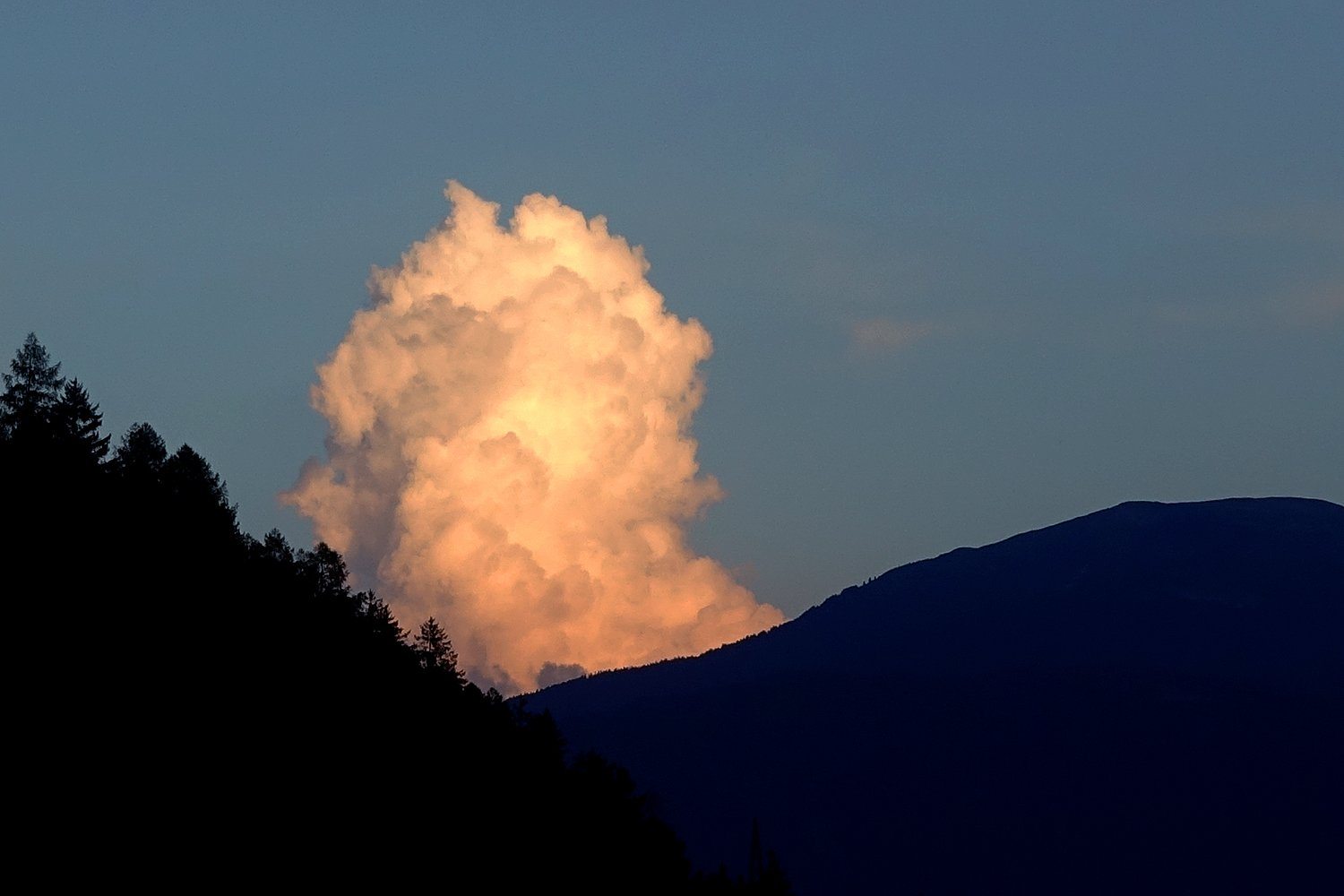
 In the middle 1990’s my friend from the September Group, Sam Bowles, and I were invited by the Chicago-based MacArthur Foundation to form an inter-disciplinary and international research network to study the effects of Economic Inequality, with the two of us as co-Directors. I have known Sam for nearly four decades now. He is one of the brightest economists I know, with a large vision and wide-ranging interests that are often lacking in many bright economists. His landmark 2013 book Cooperative Species with his frequent co-author Herb Gintis uses experimental data and evolutionary science to show how genetic and cultural evolution has produced a human species where large numbers make sacrifices to uphold cooperative social norms. He himself has been socially alert and active in public causes all through his life, starting from writing background papers for Martin Luther King’s 1968 Poor People’s March to most recently providing leadership in the revamping of undergraduate Economics curriculum to include upfront non-standard issues like inequality, the environment and reciprocity and altruism in human behavior, and making it available free online worldwide. He is also one of the most generous and genial people I know.
In the middle 1990’s my friend from the September Group, Sam Bowles, and I were invited by the Chicago-based MacArthur Foundation to form an inter-disciplinary and international research network to study the effects of Economic Inequality, with the two of us as co-Directors. I have known Sam for nearly four decades now. He is one of the brightest economists I know, with a large vision and wide-ranging interests that are often lacking in many bright economists. His landmark 2013 book Cooperative Species with his frequent co-author Herb Gintis uses experimental data and evolutionary science to show how genetic and cultural evolution has produced a human species where large numbers make sacrifices to uphold cooperative social norms. He himself has been socially alert and active in public causes all through his life, starting from writing background papers for Martin Luther King’s 1968 Poor People’s March to most recently providing leadership in the revamping of undergraduate Economics curriculum to include upfront non-standard issues like inequality, the environment and reciprocity and altruism in human behavior, and making it available free online worldwide. He is also one of the most generous and genial people I know.
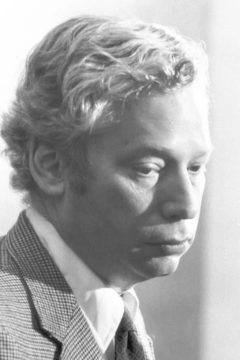



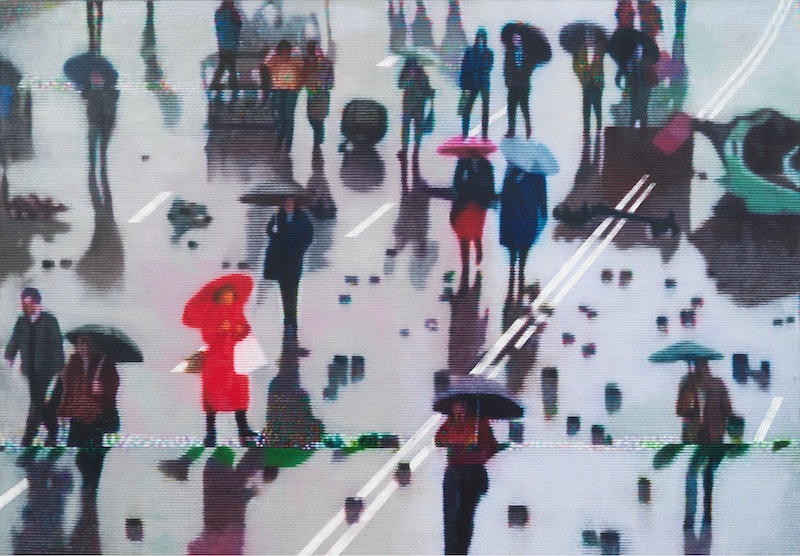 Kon Trubkovich. The Antepenultimate End, 2019.
Kon Trubkovich. The Antepenultimate End, 2019. It seems we’re always tinkering with those eternities, not just to cherish their value or find their meaning, but to transform them into something else. Maybe that’s what creative writing ultimately is—momentary eternities arranged so that they somehow move the reader the way a perfect arrangement of musical notes might do. Reading is a compelling pastime for millions because words function as artfully selected indicators of events and images that readers will complete in their own minds, as they follow verbal guideposts for the imagination to begin to do its work.
It seems we’re always tinkering with those eternities, not just to cherish their value or find their meaning, but to transform them into something else. Maybe that’s what creative writing ultimately is—momentary eternities arranged so that they somehow move the reader the way a perfect arrangement of musical notes might do. Reading is a compelling pastime for millions because words function as artfully selected indicators of events and images that readers will complete in their own minds, as they follow verbal guideposts for the imagination to begin to do its work.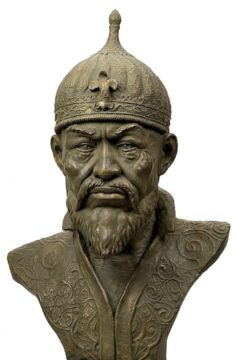

 My last night in the house on Euclid Avenue will go one of two ways:
My last night in the house on Euclid Avenue will go one of two ways: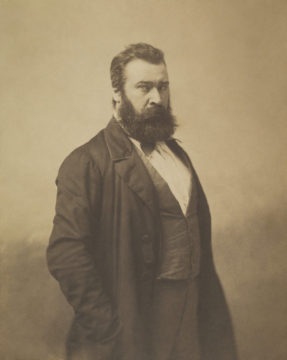 Jean-François Millet, a Frenchman, frowned beneath his full beard as he lay dying in Barbizon. It was 1875, and he was not to be confused with Claude Monet—not yet—who would later paint water lilies and haystacks but wasn’t, in 1875, rich and famous; on the contrary—and in spite of Édouard Manet’s having just painted him painting from the vantage of a covered paddle boat, appearing pretty well-to-do in the process—he was barely getting by.
Jean-François Millet, a Frenchman, frowned beneath his full beard as he lay dying in Barbizon. It was 1875, and he was not to be confused with Claude Monet—not yet—who would later paint water lilies and haystacks but wasn’t, in 1875, rich and famous; on the contrary—and in spite of Édouard Manet’s having just painted him painting from the vantage of a covered paddle boat, appearing pretty well-to-do in the process—he was barely getting by. 
